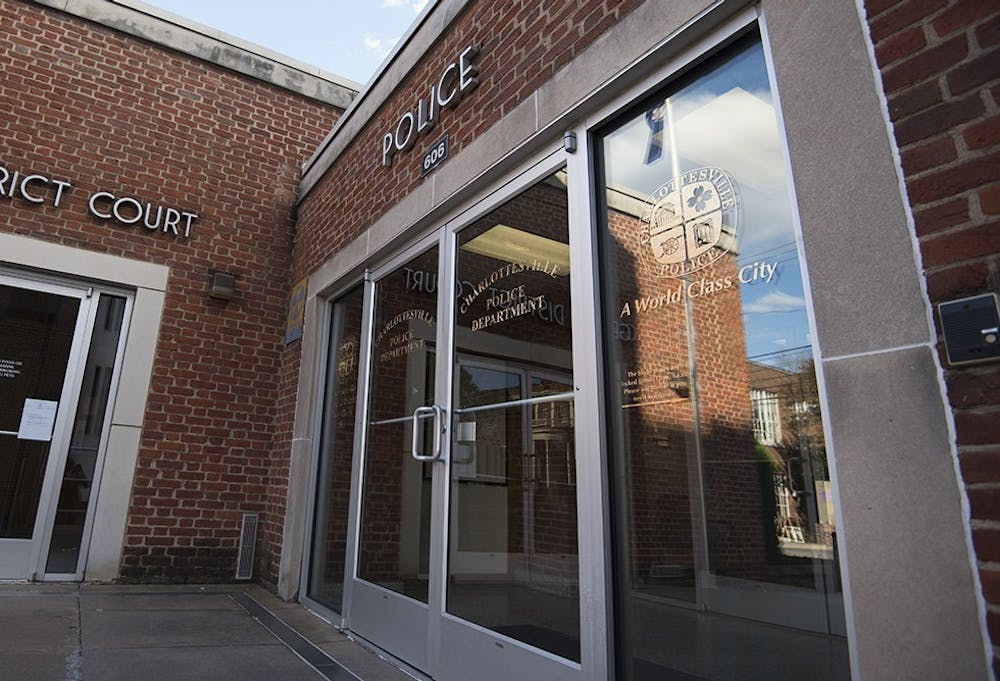Albemarle County Police Officer Andrew Holmes is currently facing several civil lawsuits, including improper search and seizure and racial profiling, by local County residents.
Three separate complaints have been filed: one by plaintiffs Leon Polk and Malcolm Cook — a third-year College student and football player; one by Rodney and Savannah Hubbard; and a third by Bianca Johnson and Delmar Canada. All six plaintiffs are black and Holmes is white.
Attorney Jeff Fogel — who filed all three of the lawsuits — said each case is a separate violation of rights, and therefore must be treated individually.
“They really are separate cases,” Fogel said. “It’s our belief this guy is involved in racial profiling, but the police department won't give us the information to determine that until we file a lawsuit.”
Racial profiling — the illegal use of race as grounds for suspecting someone of an offense — is the one detail connecting these cases, Fogel said. However, he said it can be a very difficult accusation to prove legally.
“There isn't an awful lot of law and its not that easy,” Fogel said of the charge.
Still, one of the most important parts of bringing these cases forward is publicizing what may be a great infraction against personal rights by an officer of the law, Fogel said.
“The immediate thing the plaintiffs get is money… also we’re publicizing what he’s doing, what he may be doing, and that’s an important part,” Fogel said. “We’re notifying other police officers that this is something we’re looking at.”
Fogel said Friday, the day after publicing filing the lawsuits, 14 individuals independently contacted him with complaints regarding Holmes.
The Albemarle Police Department was served a subpoena Thursday by Fogel requesting information relevant to case, as well as general complaints and information regarding Holmes.
Specifically, five years of personal information regarding Holmes has been requested, including past tickets, applications for search warrants and any complaints filed against him, Fogel said.
If Holmes is found guilty of the lawsuits filed against him, the plaintiffs will receive compensation for the violation of their rights, although any individual discipline of Holmes would be an independently handled issue decided by the County itself.
The Albemarle Police Department has not responded in any detail regarding the pending lawsuits.
“While we are not fully informed about the nature of these lawsuits and are not able to release or discuss specific details at this time, we do want the community to know that the Albemarle County Police Department takes very seriously any claims of alleged misconduct involving our officers,” a news release from the department said.
Depending on what information is yielded from Fogel’s subpoena for files from the Albemarle County Police Department, the County itself may be found culpable, Fogel said.
“The possibility may exist that we add the county as a defendant if they knew what was happening, and didn't do anything about it,” Fogel said.
The Police Department is required to respond to the subpoena filed against them within 30 days. Until then many details of the lawsuits, including if the County will be labeled as a defendant, remain unresolved.
“The next step in the case is continuing this investigation,” Fogel said.







